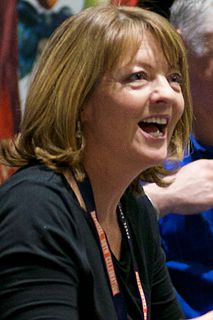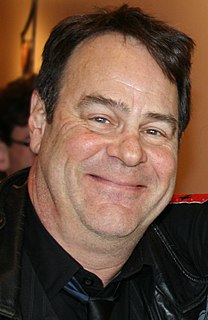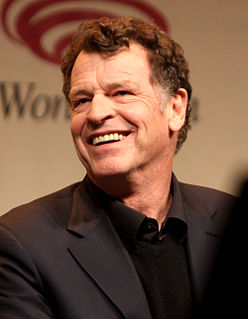A Quote by Gregory Benford
In science fiction, basic doubts featured prominently in the worlds of Philip K. Dick. I knew Phil for 25 years, and he was always getting onto me, a scientist. He was a great fan of quantum uncertainty, epistemology in science, the lot.
Related Quotes
Being a fan of science fiction, I collect a lot of science fiction art work and so if you go to my house there's like a library and you just geek out on science fiction material. A lot of the colony worlds specifically are built as a melting pot of different societies, because the world is at a point where there are only two zones that are left inhabitable.
I guess...on one hand, I spent way too much time watching science fiction and reading science fiction when I was growing up. But a part of it is I also never felt much of a connection to the world in which I lived while I was growing up, and so, oddly enough, I think I felt a lot more connected to the worlds that I read about in science fiction.



































